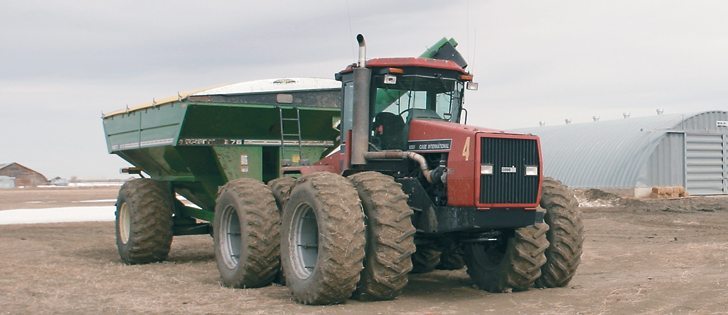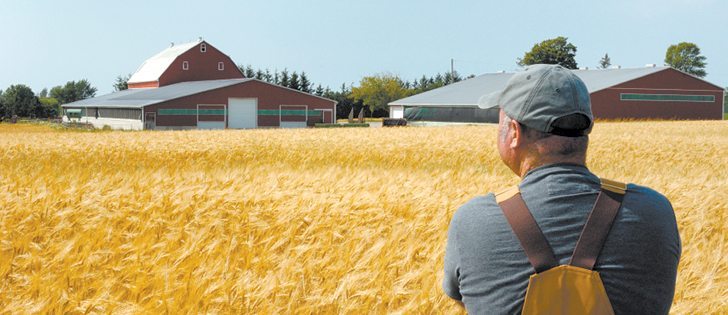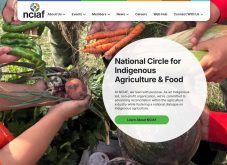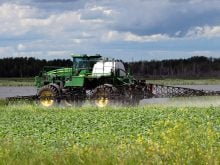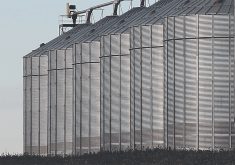The Canadian Federation of Agriculture board of directors met in Ottawa April 7-9 to discuss policy priorities for the agricultural sector, including priorities farmers across Canada would like to see on party platforms in the upcoming federal election.
Although the Canadian agriculture sector is diverse, priorities to sustain and strengthen Canadian farms were clear and unanimous throughout last week’s discussions.
The CFA plans to focus on several policy priorities during the coming months:
- Ensure a viable, successful future for Canadian farms. Currently, there are several barriers to those hoping to enter a career as a farmer, which is troubling considering the average age of a today’s farmer is 54. The tax policy environment, farmland values and industry succession planning must be reviewed. The bottom-line: if a Canadian food supply is to be maintained, Canadian farmers need to stay in business.
- Leverage trade opportunities. Trade agreements must mean real market access for Canadian farmers. It is also vital that trade agreements are sought out while simultaneously strengthening the agricultural infrastructure at home, which would include: ensuring western crop farmers have a cost-effective and efficient railway system to transport their product to national and international markets; maintaining a balanced trade position that recognizes the economic stability and contribution supply management provides; ensuring Canadian producers and their value chain partners have access to a sustainable, robust workforce; and, addressing interprovincial trade regulations and standards that inhibit growth.
- Build trust and transparency in agriculture. A stronger social licence is required to safeguard a food system that works for both farmer and consumer. Fostering an improved two-way communication and developing increased awareness and transparency are essential.
Read Also

High prices see cow-calf producers rushing to incorporate
Farm accountants are reporting a steady stream of cow-calf producers rushing to get their operations incorporated ahead of selling their calves this fall.
Each of these areas have their own intricacies with policy, program and specific project recommendations, which the CFA plans to provide more details at a later date.
The board of directors also approved new policy statements on research, pipeline and taxation. The policies will be adopted into the federation’s standing policy.
A motion was also brought forward and approved to establish an internal trade committee that would develop policy that addresses barriers to interprovincial trade. The committee plans to present its recommended policy at October’s board of directors meeting.
Denis Landreville, Canada’s lead agriculture negotiator, provided an update on the ongoing the Trans-Pacific Partnership negotiations and World Trade Organization negotiations, which appear to have regained some momentum.
He also addressed questions pertaining to the implementation of the Canada-EU Comprehensive Economic and Trade Agreement.
Between grassroots input, CFA’s elected and staff expertise, continued work with government and our partnerships across the value chain, we are confident significant headway will be made in the policy areas important to farmers.
In lead-up to a federal election, CFA looks forward to working hard to raise the profile of Canadian food and farmers.
Ron Bonnett is the president of the Canadian Federation of Agriculture.It is Canada’s largest general farm organization with members from provincial general farm organizations, national and inter-provincial commodity organizations.

